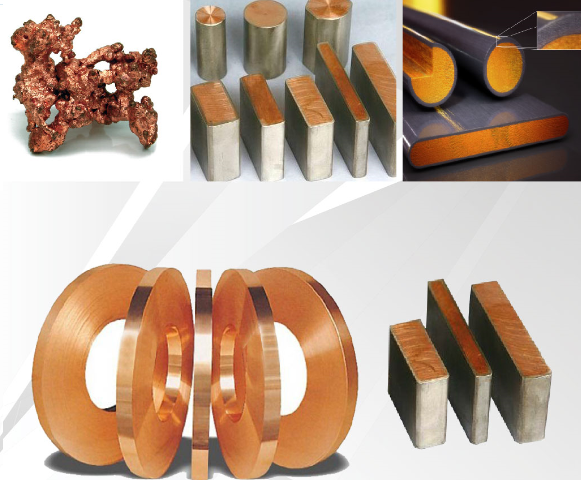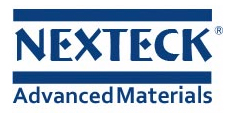Titanium has comparable strength to steel, the world's most used metal, but is about 56% as dense and 45% lighter. Pure titanium is very difficult to extract from ilmenite and so it took about 145 years before the metal became generally useful.
Titanium alloys are made when controlled amounts of other elements—such as chromium, iron, vanadium, aluminium, nitrogen, niobium, molybdenum, ruthenium—are added to titanium.

Adding other elements to titanium can make it stronger or more resistant to corrosion. This, alongside other qualities, makes titanium alloys sought after in the aerospace, automotive, chemical, jewellery, biomedical, construction and other industries. Copper is added to titanium and made CuTi3 by Nexteck Tecknology. CuTi3 is used for switches, connectors and other electronics. It is the best substitution of beryllium copper alloys.
But titanium and its alloys are very expensive. Because titanium is difficult to extract from its ore, creating finished products involves many complex steps which demand a lot of energy and generate a lot of waste. For instance in the aerospace industry, where it is most commonly used, 11kg of titanium only makes 1kg of a finished product.

New low-cost titanium alloys are studied in South Africa that could be used in non-aerospace sectors. Research like this is happening elsewhere in the world as scientists work to reduce the cost of titanium alloys.
According to the sources, these may be the first locally designed low-cost titanium alloys in South Africa. Low-cost alloys would pave the way for affordable fuel-efficient cars and affordable medical implants and prosthetics. The industry would also create job opportunities and generate revenue from sales.
Attend exhibitions, focus on industry devolpment trend and new technology,Nexteck Technology Limited keeps pace with the times ,exploring and innovating so as to achieving continuous development.




